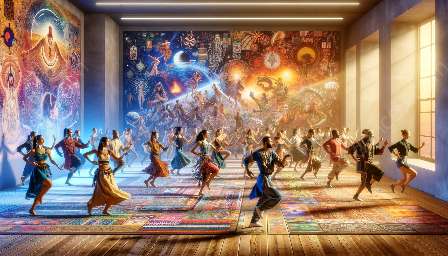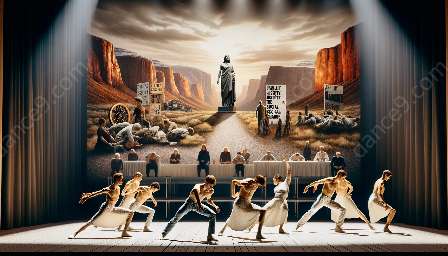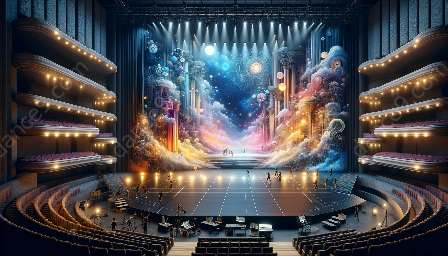In the realm of contemporary dance, the process of dance composition involves a myriad of ethical considerations. This process influences not only the final performance but also the impact it has on the society and individuals involved. In this comprehensive guide, we will delve into the ethical considerations in dance composition for contemporary performances, the intersection of dance composition and contemporary dance, and the importance of ethical decision-making in the art form.
The Intersection of Dance Composition and Contemporary Dance
Contemporary dance is characterized by its fluidity, diversity, and innovation, reflecting the social and cultural dynamics of the modern world. It often challenges traditional norms and conventions, embracing a wide range of movement styles and techniques. Dance composition, on the other hand, is the process of creating a dance piece, which involves structuring movements, choreographing, and organizing various elements to convey artistic expression.
When it comes to contemporary dance, the choreographic process is deeply intertwined with the artistic, philosophical, and ethical dimensions of the performance. Choreographers are tasked with not only creating visually stunning and emotionally impactful pieces but also with navigating the ethical implications of their creations. This unique intersection gives rise to a complex and thought-provoking landscape where ethical considerations play a crucial role in shaping the final production.
Ethical Considerations in Dance Composition
One of the primary ethical considerations in dance composition for contemporary performances is the representation of diverse voices and narratives. In a globalized world, it is essential for choreographers to be mindful of cultural appropriation, misrepresentation, and stereotyping. They must strive to authentically represent the experiences of individuals and communities, respecting their traditions and histories.
Moreover, the treatment of dancers and collaborators is a critical ethical consideration. Choreographers and dance companies have a responsibility to create a safe and inclusive environment for everyone involved in the creative process. This includes fair compensation, consent, and respect for the physical and emotional well-being of the performers. Ethical choreographers prioritize the welfare and agency of their dancers, recognizing them as integral partners in the artistic journey.
Additionally, sustainability and environmental consciousness are increasingly becoming ethical imperatives in contemporary dance composition. Choreographers are exploring ways to integrate sustainable practices into their productions, from costumes and set designs to the overall carbon footprint of their performances. This reflects a growing awareness of the interconnectedness between art and the broader ecological landscape, emphasizing the need for responsible and sustainable creative practices.
The Impact of Ethical Decisions on Contemporary Dance
The ethical decisions made during the process of dance composition have a profound impact on the contemporary dance landscape. Ethical choreographers are not only creating aesthetically captivating works but also contributing to the social and cultural dialogue through their art. By prioritizing inclusivity, diversity, and ethical production practices, they are shaping a dance community that is reflective of the diverse world we live in.
Moreover, ethical considerations in dance composition foster a culture of empathy and understanding within the dance community and among audiences. Choreographers who address social and ethical issues in their work have the power to ignite meaningful conversations, challenge societal norms, and inspire positive change. Their creations serve as a catalyst for introspection and dialogue, transcending the boundaries of the stage and resonating with individuals on a profound level.
Conclusion
Ethical considerations in dance composition for contemporary performances are fundamental to the evolution and relevance of contemporary dance as an art form. By embracing ethical decision-making, choreographers contribute to a dance landscape that is inclusive, socially conscious, and transformative. As the boundaries of contemporary dance continue to expand, ethical considerations will play an increasingly pivotal role in shaping the future of the art form.




























